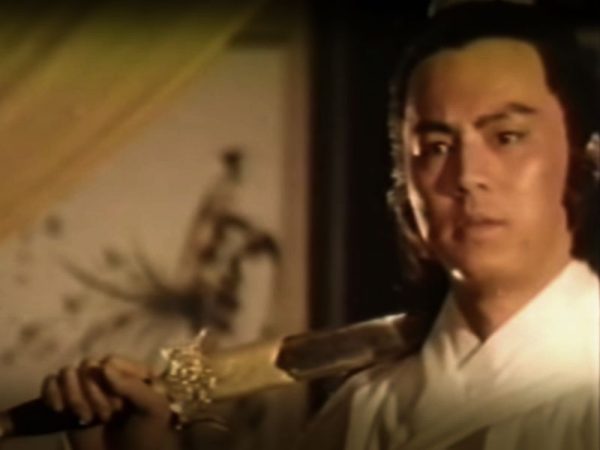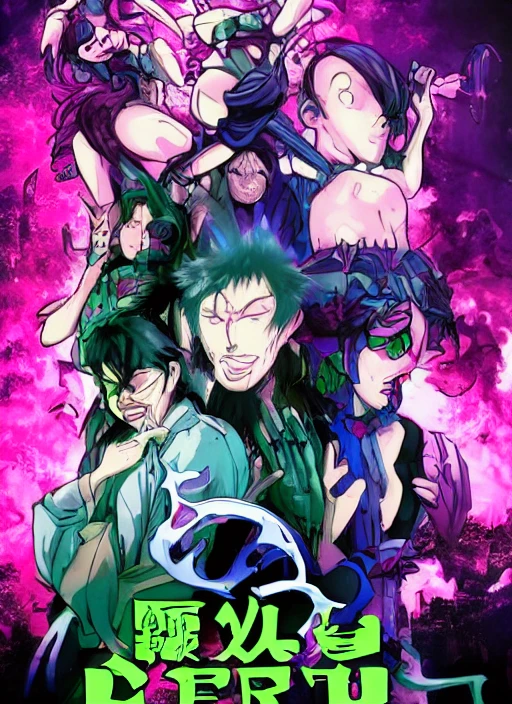Capitalism is about every business needing to maximize profits at all times, at the expense of quality, of careers, of productive businesses themselves, of individual lives, of communities, of art and intellect, of the continued existence of the human species, etc. I don’t much cotton to it.
Something wiser people than I have remarked on, or expounded at length, is that this has the effect of reducing consumer choice. That might be small potatoes compared to it reducing the life expectancy of the human race, but it’s not nothing, and it’s what I’m talking about at the moment. Briefly. This will be a total driveby.
I’ve been reading Paperbacks From Hell by Grady Hendrix, mostly for the pictures. It’s an art book of schlocky horror book covers, but also a history of the industry, artists, and writers. Some combination of tax law and corporate greed led to the destruction of the mid-tier book market in the ’90s, and more relevant to my point here, led to trend-chasing and the death of entire genres.
It was never about public desire to actually read this or that. It was about the money men’s perceived need to put all your money on the winning horse, to hedge no bets. When Silence of the Lambs blew up, supernatural or scifi horror was chucked in the dustbin of history. It couldn’t get published without a select few author’s names on it. It was serial killers or thrillers, for the spooky end of the book rack, or nothing.
I haven’t finished the book yet so I don’t know if it mentions the way book stores don’t even have a horror section now, but they do have a supernatural romance section, boy howdy. Anyway, all these genres are ridden into the dirt like so many Dr. Strangelove bombs, leaving the public tired and wired. We still have needs for artistic and intellectual stimulation that are not being met, interests The Man has deemed unprofitable.
And thanks to cultural balkanization driven by social media, it’ll be pretty hard for The Man to keep these gravy trains on track. Disney’s historically recent media monopolies seemed like they could rule forever, but those profits are sure to get limp over time. What then? For us, the consumers of media, we have our rabbit holes, our communities, our own trends that flicker this way and that like cat’s tails.
I don’t know if I have anything to say with all this. It’s just what was on my mind. I’m going to self-publish a supernatural horror action-adventure sometime soon-esque, and that would’ve been among the casualties of this mess, once upon a time. Who’s to say what will happen with it now?
–

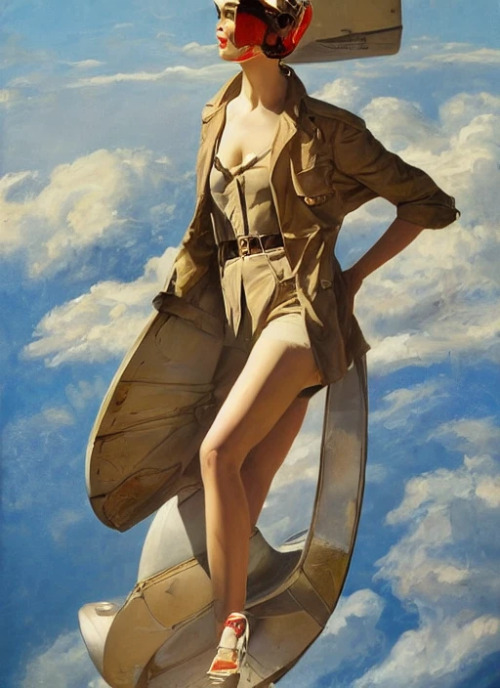
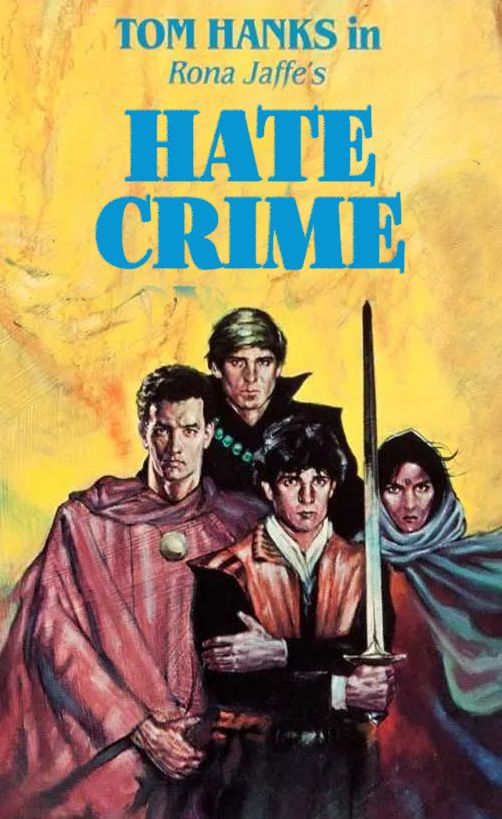
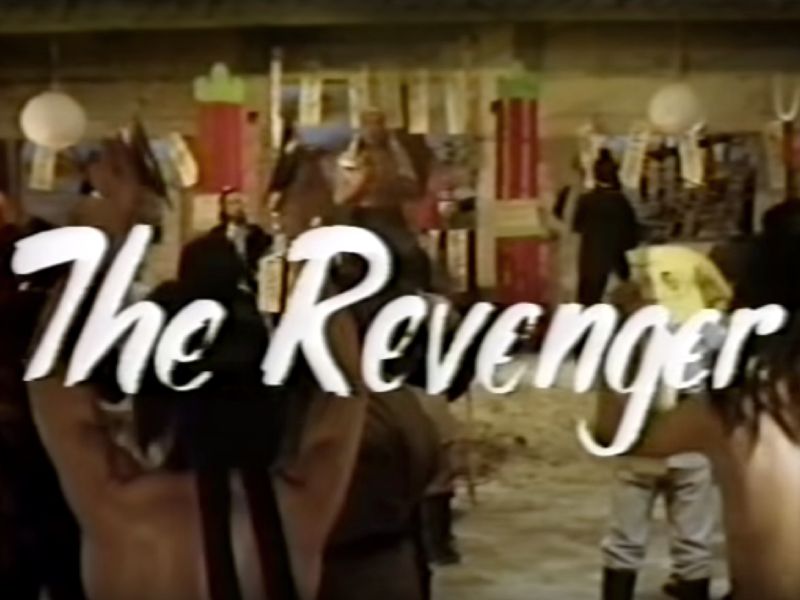
 Second, it’s a Chinese perspective on individualism vs. collectivism, personal principles vs. social harmony. I am missing a lot of context, possibly all of the context, but if I can ever tumble to it, maybe the movie will help me understand how at least some Chinese people really feel about all that Confucius shit. Here’s what I do get…
Second, it’s a Chinese perspective on individualism vs. collectivism, personal principles vs. social harmony. I am missing a lot of context, possibly all of the context, but if I can ever tumble to it, maybe the movie will help me understand how at least some Chinese people really feel about all that Confucius shit. Here’s what I do get…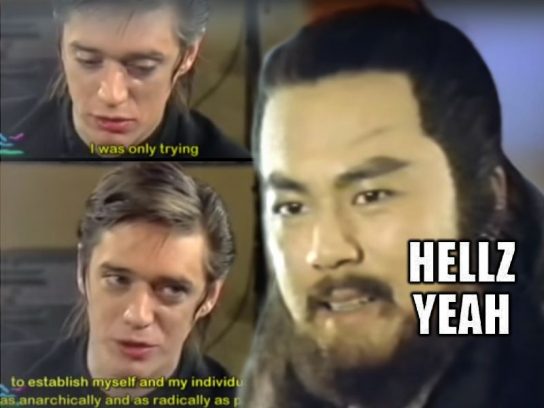 As much as I’d love to be a radical, almost everything in life seems to have a moderate answer, a question, a caveat, some reason you can’t reasonably be absolute about it. The well-being of society is crucial to our collective survival. The well-being of an individual is paramount because we are all alone within ourselves, never having been given a choice about whether or not to exist, and we should be able to live our lives in our own way, as long as it causes no harm to others.
As much as I’d love to be a radical, almost everything in life seems to have a moderate answer, a question, a caveat, some reason you can’t reasonably be absolute about it. The well-being of society is crucial to our collective survival. The well-being of an individual is paramount because we are all alone within ourselves, never having been given a choice about whether or not to exist, and we should be able to live our lives in our own way, as long as it causes no harm to others.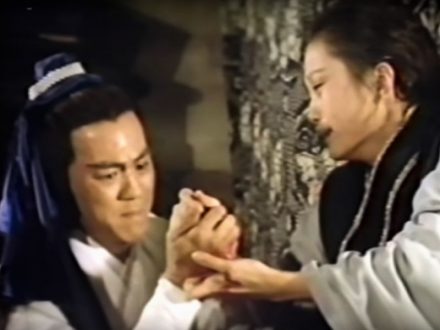 Living in this way he makes a lot of enemies. Those enemies are leaders of men – clans, businesses, religious groups, etc. – and while plotting to get back at him, they make the reasonable argument this is for social order, for harmony in society. Whether they seem righteous or not, you can’t just have roughnecks busting up the joint. With kung fu.
Living in this way he makes a lot of enemies. Those enemies are leaders of men – clans, businesses, religious groups, etc. – and while plotting to get back at him, they make the reasonable argument this is for social order, for harmony in society. Whether they seem righteous or not, you can’t just have roughnecks busting up the joint. With kung fu.